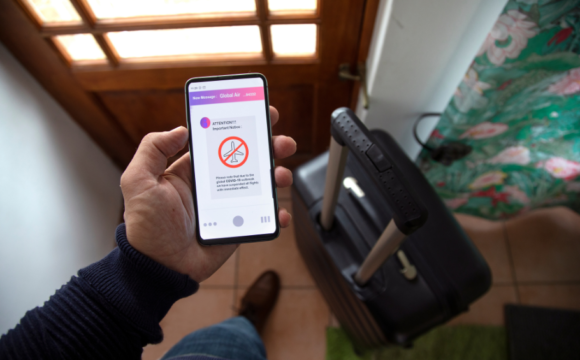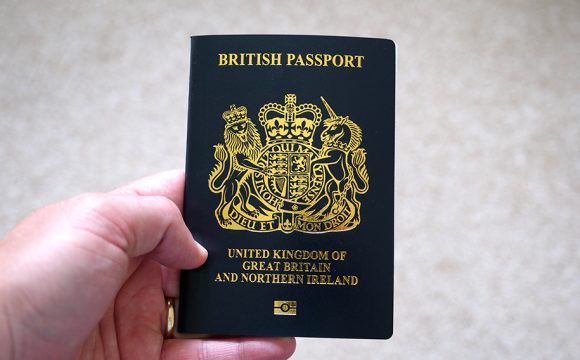Unfortunately British tourists are often targets for scammers as they may be less aware of their surroundings. But scammers might try to steal from tourists in a way they don’t expect.
Marijus Briedis, cybersecurity expert at NordVPN, said: “While most travellers are trained to look out for pickpockets in popular destinations and not walk around with pockets of cash, today’s scammers are much more focused on your mobile than your money belt.
“The latest phenomenon we are seeing is ‘shoulder surfing’ where someone tries to steal your personal data by watching over your shoulder as you use a mobile phone, laptop or another device in public.”
Cybercriminals could then use the sensitive information to commit identity theft or just steal the device and know how to unlock it.
Use face recognition technology
Marius said: “Theft becomes a lot tougher to pull off if they need your face to get their hands on your data.
“If you don’t have it set up on your phone, consider doing this before you travel, as it can take a while for the technology to get every angle of your face. If you do use your phone for contactless payments, make sure that you have FaceID or a password set up as a security measure before using it, as it could put your cards at risk.”
Facial recognition could protect British tourists from falling victim to a scam if their phone is stolen.
Shield your phone
Marius said: “When you see a beautiful view or popular attraction it’s easy to lose track of the people around you when trying to take the perfect snap.
“The process of unlocking your phone, taking a picture, and then logging in to your social media account reveals several sets of personal details, which may be enough for an alert criminal to make hay with your data.
“Queues at tourist hot spots are a particular risk, as it’s hard to resist the temptation to glance at your phone, even with others close behind you. Try and shield your phone from whoever may be lined up next to you.”
Set strong passwords
Marius said the best way to avoid being scammed by would-be criminals is to make sure to have strong passwords.
He recommends avoiding easy passwords such as names, birthdates or ‘1234’ to open phones.
Tourists could also try using two-factor authentication to keep their phones as secure as possible.
















